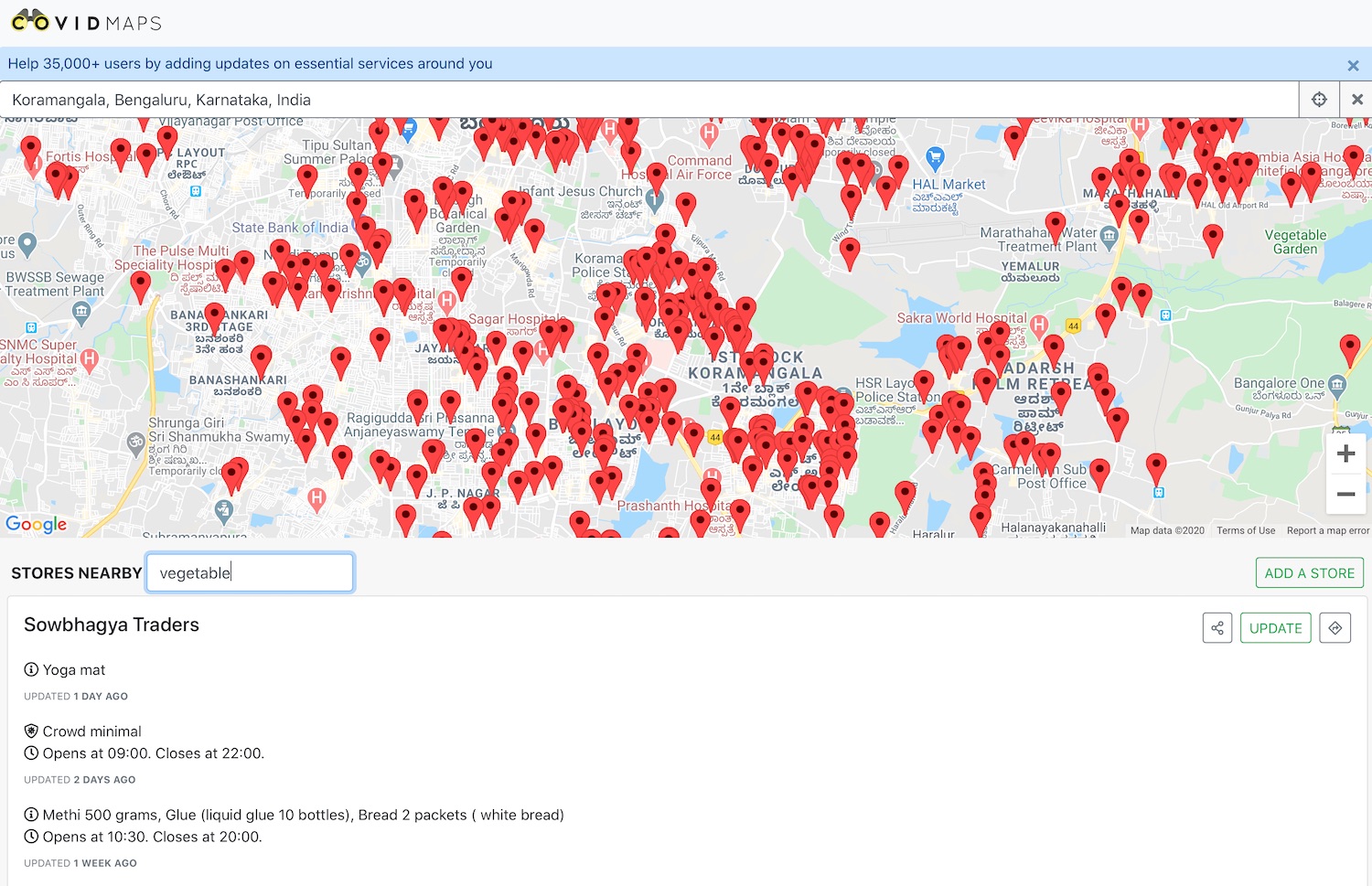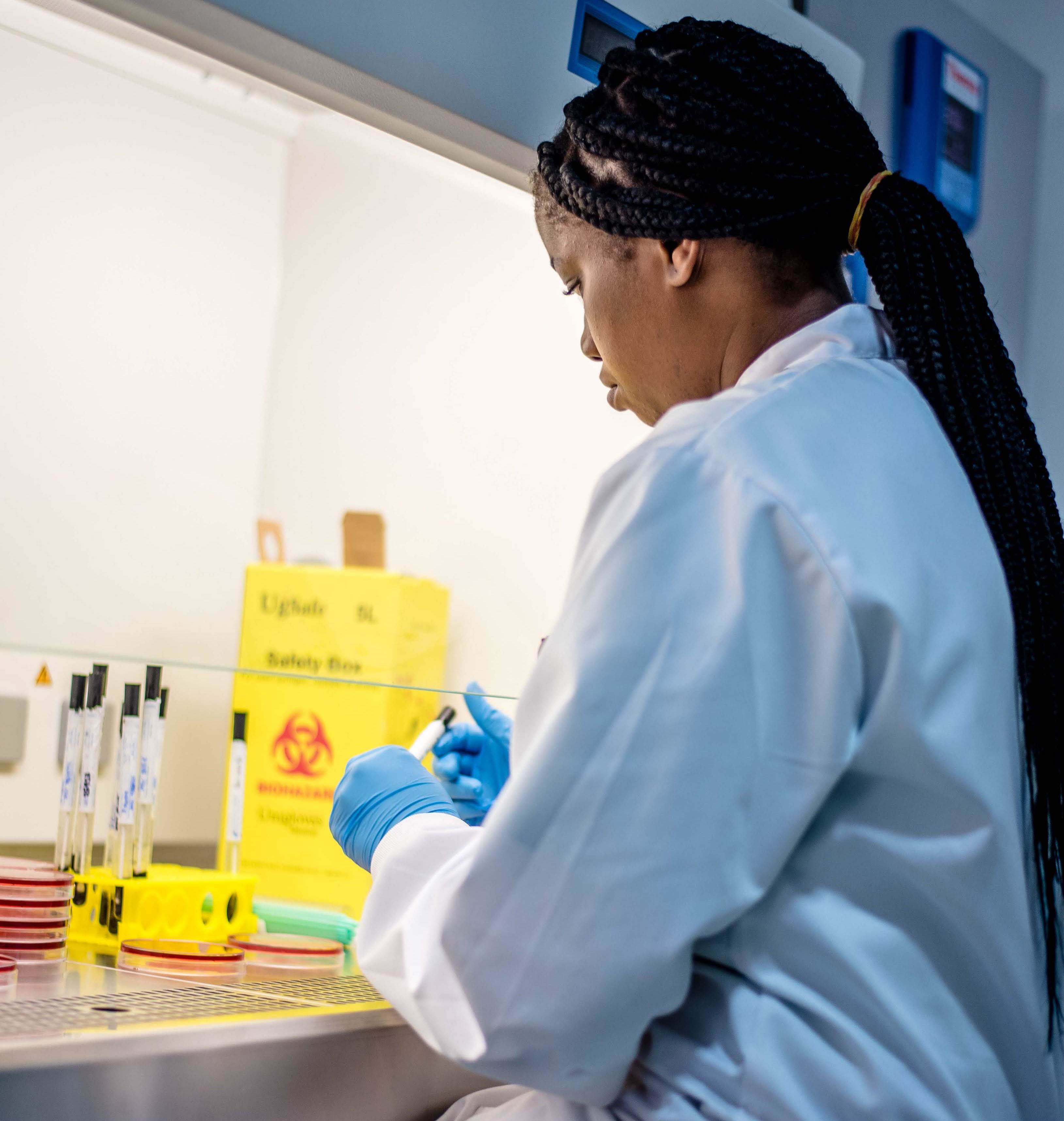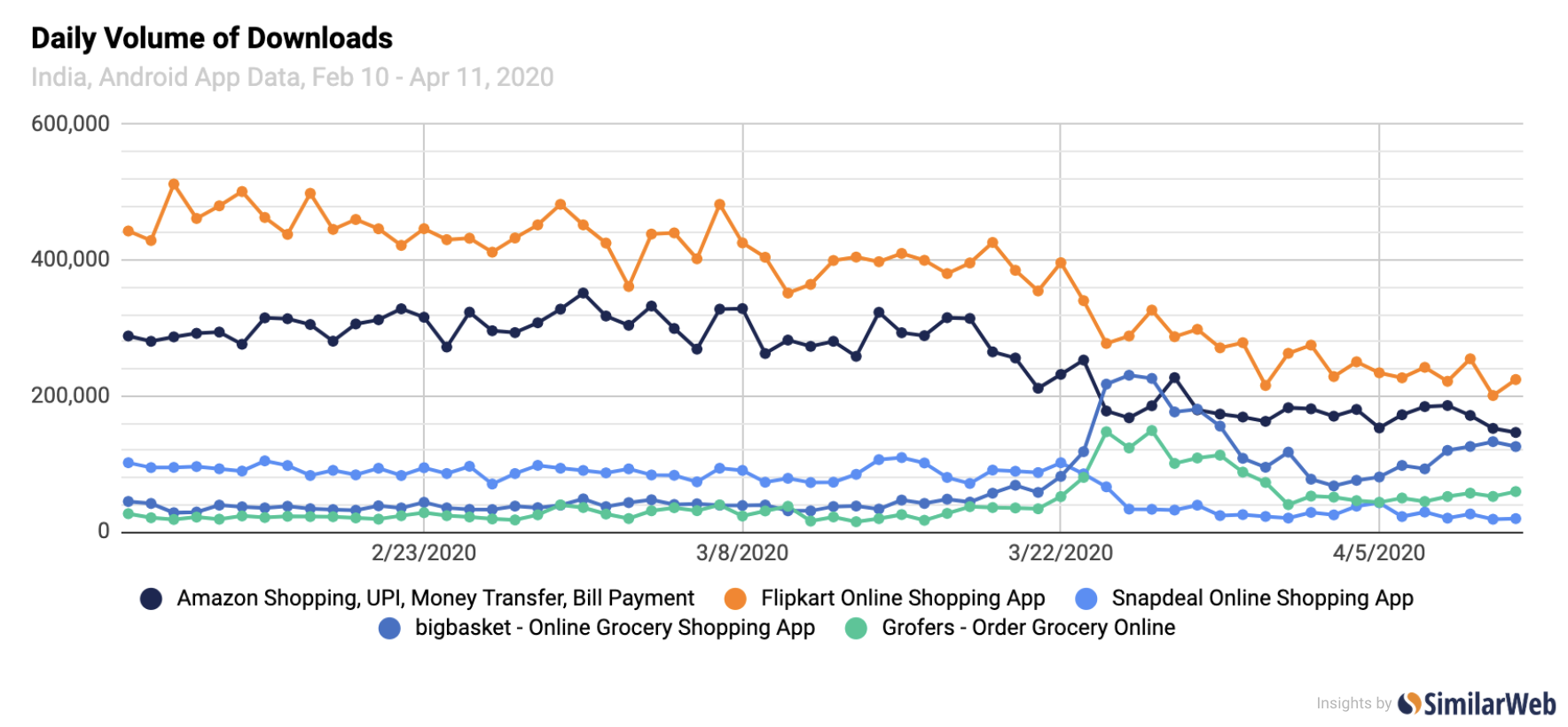One month after President Trump declared a national emergency and announced commitments from some of the nation’s largest companies to help expand testing capabilities in the U.S., most regions still lack access to the necessary tests and equipment they require.
When the president stepped to the podium in the Rose Garden in March surrounded by executives from the country’s largest pharmacies and retailers, including Target, Walmart, CVS and Walgreens, the expectation was that the nation would soon see an explosion in testing facilities that could provide the kind of population-scale testing necessary to manage a nationwide outbreak.
President Trump also said at the time that a team of 1,700 Google engineers was developing a triage tool to assess whether someone should be tested for COVID-19 and direct them to sites where those tests could be administered.
The reality has fallen far short of those expectations. Google was not responsible for the development of the triage tool that the president described. The development effort was undertaken by another subsidiary of Google’s parent company, Alphabet, and had completed 3,700 tests by the end of March. The company was able to set up four testing sites across California in two weeks.
The efforts to make screening available at pharmacies around the country is also lagging. Last week, Walgreens said that it would be expanding its drive-through testing capabilities to 15 sites in seven states. That’s up from a single site at the end of March. Each site can test 3,000 people per day the company said. And CVS is expanding from a single site in Massachusetts to four sites with two in Massachusetts, and one each in Rhode Island and Georgia. Its sites have capacity to test 1,000 people per day.
Meanwhile, Target has not opened a single facility.
“At this time, federal, state and local officials continue to lead the planning for additional testing sites,” a Target spokesperson told National Public Radio in a statement. “We stand committed to offering our parking lot locations and supporting their efforts when they are ready to activate.”
Both CVS and Walgreens are using Abbott’s new ID NOW COVID-19 test, but neither company is testing at the scale that medical professionals have said is appropriate to proceed with a broad re-opening of the U.S. economy (which is something that some pundits were advocating for as soon as early May).
In fact, the speed of testing lags across the country in both state and private facilities, in part because only the people who are presenting with severe COVID-19 symptoms are getting tested for the disease.
As Vox reported over the weekend, the U.S. has tested at 74% the rate of South Korea — where testing and tracing has largely kept the outbreak from becoming too severe — and is not even approaching the level of testing of other hard-hit countries like Canada, Germany, and Italy.
Part of the problem is a lack of the necessary equipment to perform tests at the scale required. States are racing to find vital personal protective equipment for the healthcare workers most at risk of exposure to COVID-19, but they’re also running out of the equipment they need to test patients.
Just today the Los Angeles Times reported that New York may run out of the testing swabs it needs. “It’s still an atmosphere of tremendous scarcity,” the Times quoted Mayor Bill de Blasio saying. “I spoke with the president and other key members of the administration … this is the crucial need.”
Earlier today Ford announced a partnership with Thermo Fisher aimed at reducing shortages of test kits, and personal protective equipment, but it’s far from the only company to begin working on that particular shortage. Last month, privately held 3D printing technology developers like Carbon, Markforged, and FormLabs all announced efforts to begin manufacturing both personal protective equipment and the needed test swabs to conduct COVID-19 testing.
But even with more swabs, there may not be enough testing capacity to meet increased demand.
Already, Quest Diagnostics, one of the private testing firms that process COVID-19 tests, has a two-day backlog of cases, according to its latest statement on testing.
Quest, LabCorp and the lobbying group that represents them in Washington have approached the White House about providing more support to increase their ability to test people who are potentially infected, according to an NPR report.
In early March, the companies approached the government with three requests: funding to build new facilities for testing; standards to ensure that testing is conducted appropriately and administered to the right people; and support to receive the necessary supplies to conduct tests. To date, the companies haven’t received that guidance or support, according to NPR.
Testing remains the lynchpin for any successful attempts to successfully contain the spread of COVID-19, according to a Duke University report co-authored by Scott Gottlieb, a former FDA commissioner and partner at the multi-billion dollar venture capital New Enterprise Associates.
“The capacity to conduct rapid diagnostic testing for everyone with COVID-19 symptoms and those with exposures or at higher risk of contracting or transmitting the virus (health care workers, those in congregate settings), with a robust sentinel surveillance system that routinely monitors for infection among samples of the population to enable early identification of small outbreaks, particularly in vulnerable populations,” is the first step of any successful containment plan, according to the study.
Even the efforts by Google and Apple to develop a contact tracing technology need to be supported by more robust testing capacity.
So far, the U.S. hasn’t even been able to meet the testing goals that the president had set in the Rose Garden. “It’ll going very quickly,” he said of the approval process for new tests. “It’s going very quickly — which will bring, additionally, 1.4 million tests on board next week and 5 million within a month. I doubt we’ll need anywhere near that.”
On that Friday in March when the president made his Rose Garden address, 2,006 people had tested positive for the disease and 42 people had died.
To date, the U.S. has performed 2.935 million tests, with 576,774 positive cases, 2,358,232 negative cases, and 17,159 cases waiting approval. And 23,369 people in the U.S. have died from the disease.








